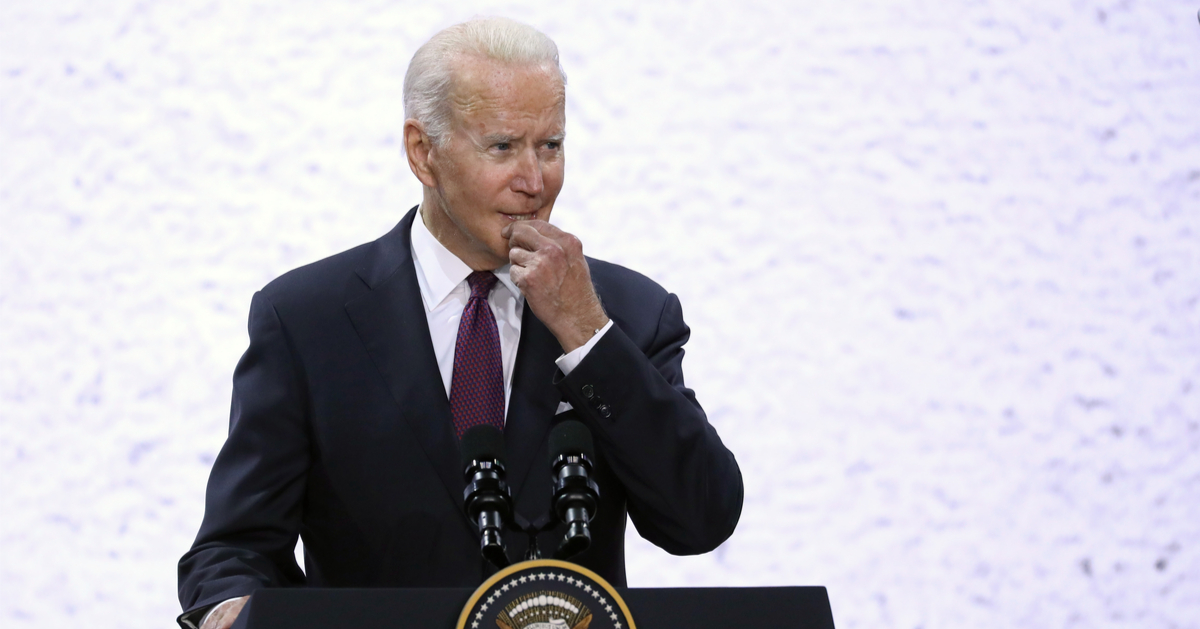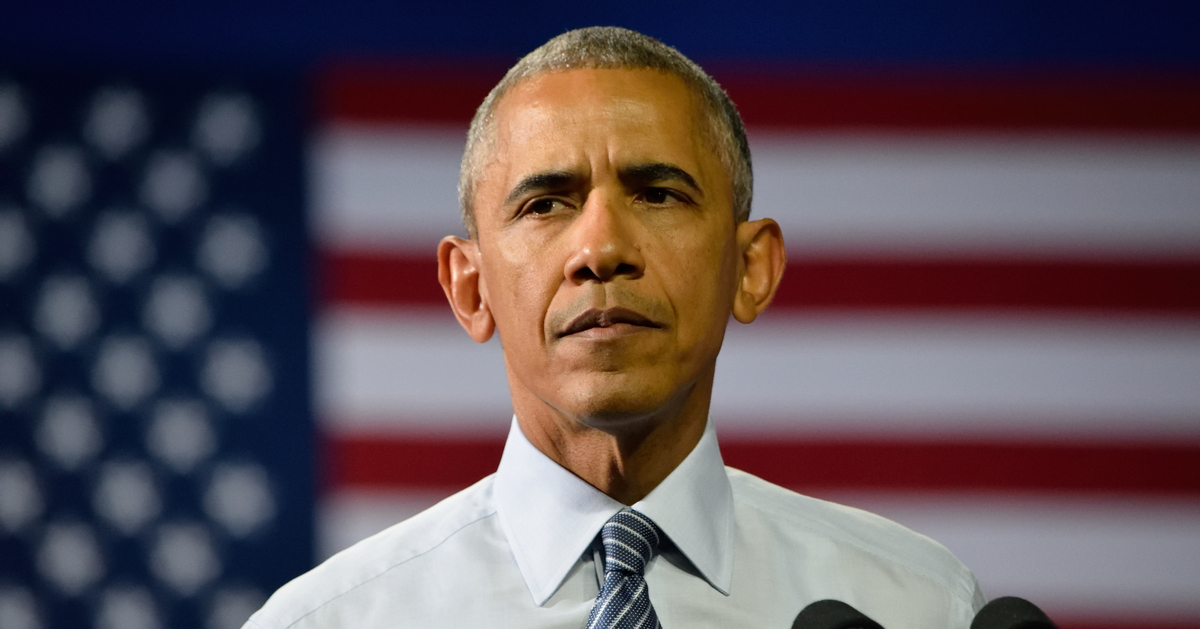Congress has formed a bipartisan task force to investigate the July 13 attempted assassination of Trump
The U.S. Congress has long tended to work slowly and turn nearly every matter into a spectacle with highly partisan hearings and bickering back and forth between members of the differing political parties.
It is hoped that that won't be the case for the newly established and unanimously bipartisan July 13 Task Force, which is investigating the attempted assassination of former President Donald Trump at a Pennsylvania campaign rally last month, according to The Hill.
Yet, while the members of that task force appear to have refrained thus far from launching partisan attacks against each other, the quest for speed to conclude the probe before the end of the year may prove more difficult given scheduling matters and the upcoming elections in November.
Bipartisan congressional investigation of the Trump assassination attempt
"At the end of this investigation, the American people … cannot be still wondering what happened," Rep. Mike Kelly (R-PA), the chair of the Task Force who was at the July 13 rally in Butler, told The Hill. "We’re going to have a clear answer to what happened. And whatever it is that we have to do, we’re going to do, including having some people subpoenaed."
Ranking minority member Rep. Jason Crow (D-CO), told the outlet, "We only have four months here, so it’s going to be a really quick burn," and added, "We’re going to have to make sure that this is accurate. Accuracy is very important here; we don’t want there to be misunderstanding. We don’t want to fuel any of these alternative theories that are flying around."
The Task Force, which is still assembling staffers to support its congressional members, has already sent relevant document requests to the Department of Homeland Security, which has jurisdiction over the U.S. Secret Service, and the Department of Justice, and is planning a visit to the site of the shooting for all members in the coming weeks.
Task Force assembled, has already begun its work
The July 13 Task Force was authorized by a unanimous vote in Congress on July 24 and was granted all necessary authority to conduct a swift but thorough investigation of the assassination attempt against former President Trump.
The group was given three main directives -- "To understand what went wrong on the day of the attempted assassination; To ensure accountability; and To prevent such an agency failure from ever happening again."
It is expected to issue a final report by mid-December that will likely include both recommendations of policy and protocol changes for certain federal agencies as well as legislative proposals that may prove necessary to enforce the recommended reforms.
In a joint statement that identified the members of the Task Force, House Speaker Mike Johnson (R-LA) and House Minority Leader Hakeem Jeffries (D-NY) said, "We have the utmost confidence in this bipartisan group of steady, highly qualified, and capable Members of Congress to move quickly to find the facts, ensure accountability, and help make certain such failures never happen again."
One member of the July 13 Task Force, Rep. Clay Higgins (R-LA), has already visited the rally site in Butler, Pennsylvania, and issued a preliminary investigative report on what he has found thus far.
"As I have said, every question will be answered, every theory explored, and every doubt erased. The American people deserve the full truth on the attempted assassination of President Trump," Higgins said. "Our investigative efforts are moving forward in good faith. The release of my preliminary investigative report is reflective of my desire to deliver transparency and reassurance to the American people."
Time constraints a major concern
The Hill observed that the Task Force was given a deadline of Dec. 13 to issue its final report, but their ability to meet that deadline is complicated by scheduled vacation time in August and September as well as scheduled time off in October to allow all members to campaign for re-election in their home districts.
In addition to legitimate concerns that the Task Force won't be able to complete the probe and issue necessary recommendations by the deadline, there are also justifiable worries that those recommendations could be too late even if they do meet the deadline, given that both major party candidates, former President Trump and Vice President Kamala Harris, are continuing to be potentially exposed to life-threatening dangers as they separately campaign across the country ahead of November's election.






